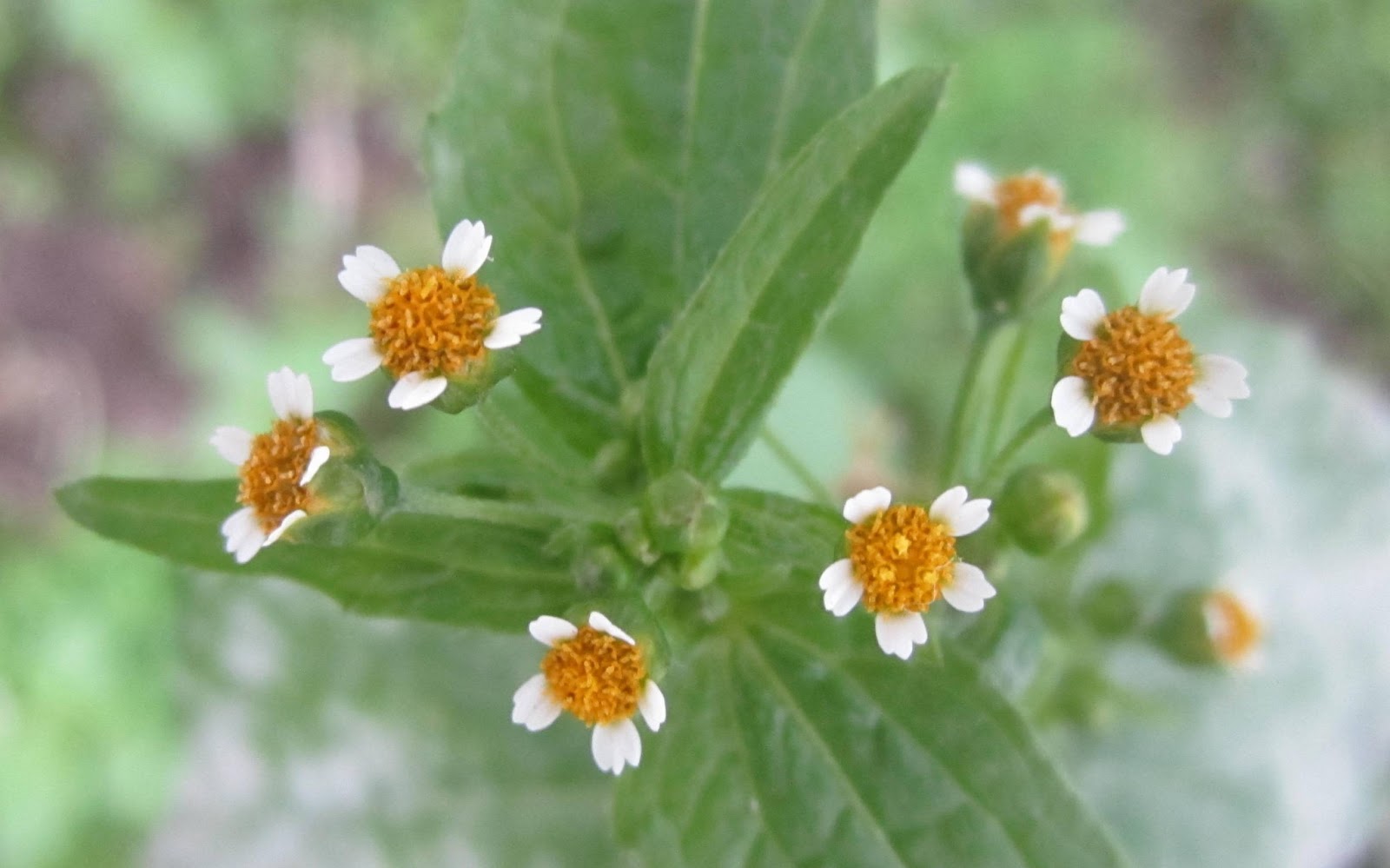- I am
sorry Farzana your child could not see the Haven under your feet because it was killed in your womb with bricks when you were
three months pregnant
- I am
sorry Farzana you were killed by the followers of a religion that shocked the
world 1400 years ago with the message “do not kill your daughters”
- Dear
Farzana, I cannot stop thinking if you died from the pain from the bricks in
your head or from the shock of seeing your brother and father pelting bricks on
you ?
- I am
sorry Farzana your Muslim family did not know that Islam allows an adult Muslim
woman to marry with her own choice
- I am
sorry Farzana there will be no mass protests for you in the streets of Pakistan
by religious groups and political parties because you are not“the
daughter of our nation”
- I am
sorry Farzana that the 30 people who saw you being killed with stones did not
come to help you in Lahore
- You
know Farzana that most Lahoris would rush and get hurt to catch a kite if they
see it falling
- But
all of them saw you bleed to death but did not run to help you because it was
your family’s private matter
- I am
sorry Farzana that your brothers and father and cousins who stoned you to death
will never get punished
-
Because your murder is not a crime against the state – it is a crime against
your family
- I am
sorry to tell you Farzana that even if your mother files a case against your
father she will be emotionally blackmailed to forgive her husband and sons and
your case will be closed for ever under Qisas and Dyat law
- I am
sorry Farzana no one will call you a Shaheed and no one will put flowers on
your unnamed hole of a grave
- I am
sorry Farzana that you were a woman in Pakistan where the laws and police
protect the big and strong politicians when they go to visit their own
villages
- I am
sorry Farzana that the police in Lahore did not protect you knowing that you
were under threat from your family members
- I am
sorry Farzana you are not a front page news on any of Pakistani paper today
because today’s top story is trade and your life has no value for any
transaction in our country
- Do
you know Farzana that all the TV channels are also discussing security situation
in Pakistan and all the experts are wise men
- And
you know Farzana the other most popular program on our TV is still more wise men
reminding us that Islam respects women more than any religion in the world
- I am
sorry Farzana you did not get any respect for your Islamic right to marry with
your own choice
- I am
sorry Farzana that what you did is not a crime but you were punished as a
criminal
- I am
sorry Farzana that many girls in villages across Pakistan will not sleep tonight
due to fear after they hear the story of your death and their family tells them
this is what happens to bad girls
- I am
sorry Farzana you died at the age when most young women in the world are still
enjoying youth
- Rest
in Peace Farzana !
- May
you always live long on the conscience of all those Pakistanis who have one
!
- May
the little girls in your village continue to dream !
29 May 2014 - From Sameena
Nazir, Executive Director, PODA-Pakistan - www.poda.org.pk


















